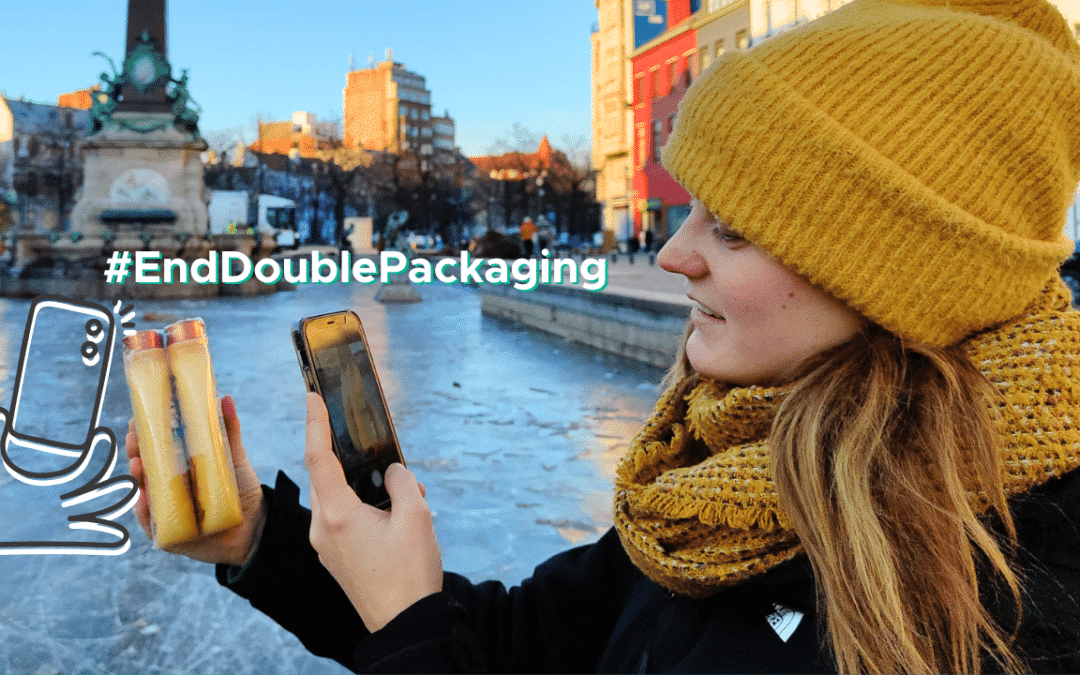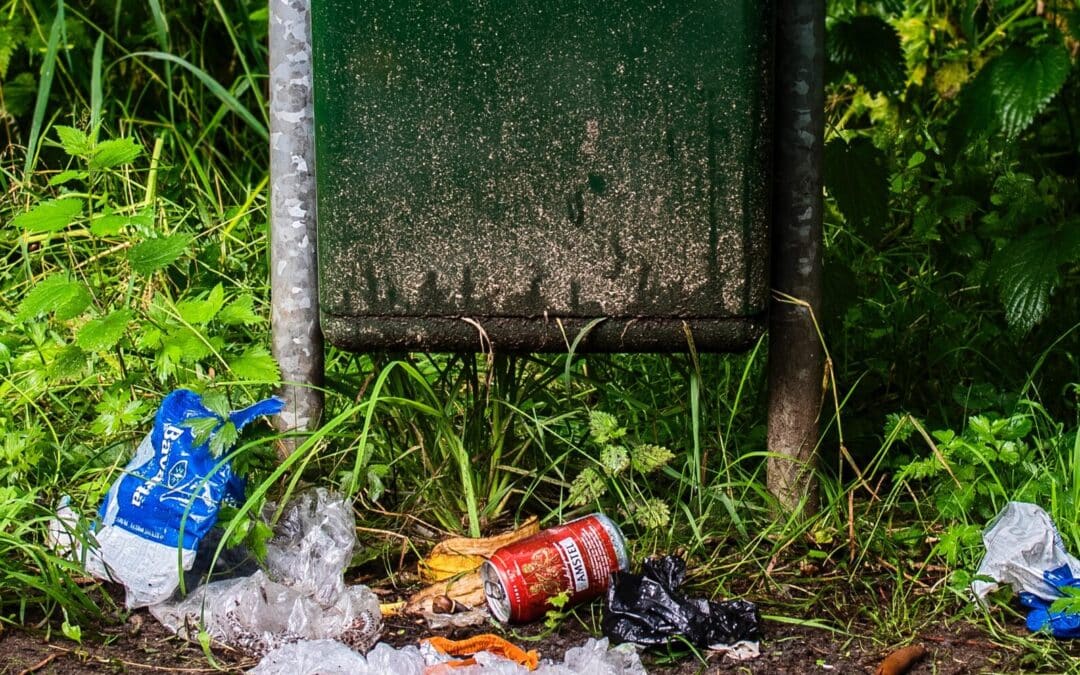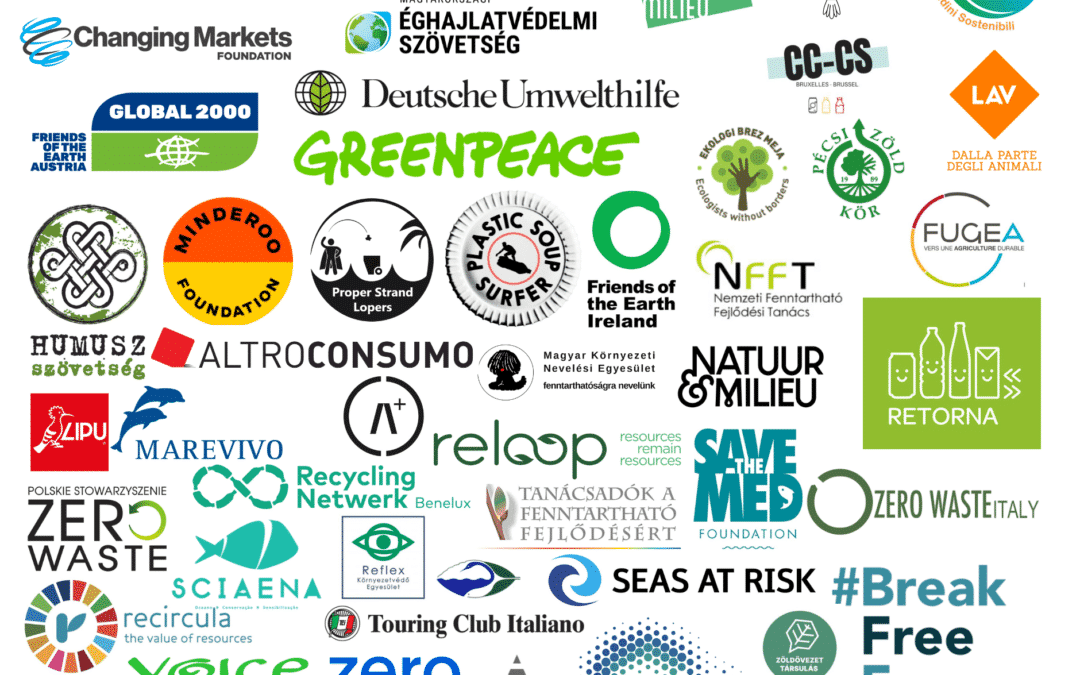The environmental NGO Recycling Netwerk Benelux filed a complaint in September 2017. The Dutch Public Prosecution Department investigated this and then brought a case before the Court of Justice in September 2019 for failure to protect the environment from damage by the dispersion of crumb rubber infill. The case focuses on Sportaal, the caretaker of the sports fields of the Dutch municipality Enschede.
“Today’s court ruling is very good news for the environment. For years, millions of old car tyres have been shredded into rubber crumbs and subsequently they have been dumped on sports fields. We hope this ruling will help to quickly phase out the use of this polluting substance on sports fields. It must be possible for people to sport on artificial turf fields, without worries for their health and without pollution of the environment”, Dutch-Belgian environmental organisation Recycling Netwerk Benelux reacts to the verdict.
History of the case
The charges environmental NGO Recycling Netwerk Benelux filed in 2017 concern environmental offences due to the leaching of zinc, cobalt and mineral oils into the environment, coming from the use of crumb rubber infill on artificial turf fields. The charge was directed to the entire value chain, ranging from producers who process end-of-life tyres to crumb rubber infill, to constructors and caretakers of sports accommodations, as well as sports clubs who implement it.
The public prosecutor commenced by suing Sportaal, the caretaker of sports accommodations in Enschede, a municipality with a population of 158,000 residents in the east of the Netherlands. The prosecutor has stated in his formal plea that this case is just the start and that “more cases will follow”. There are nearly 2000 artificial turf fields in the Netherlands currently filled with crumb rubber. On average, each field contains the crumb rubber of 20,000 tyres.
Soil pollution
Under Dutch law, it is prohibited to pollute the soil. This is stated in the Soil Protection Law (Wet Bodembescherming). Article 13 dictates to take all measures necessary to prevent pollution of the soil – also in case there is suspicion pollution can occur. The law contains a duty of care, which obligates relevant actors to prevent pollution of the soil, and to remediate the effects of pollution whenever pollution of the soil has occurred.
In spite of several documents developed over the years by industry stakeholders to implement the duty of care, in practice, the crumb rubber infill disperses into the environment. It contaminates the soil with heavy metals, mineral oil and other chemicals of concern. Furthermore, the rubber crumbs break down into microplastics.
The official Dutch Institute for Health and the Environment (RIVM) published its report The environmental impact of rubber infill near artificial turf fields in July 2018. RIVM concludes in the report that zinc, cobalt and mineral oil leach from the rubber granules, and can create negative environmental impacts on the soil around and in the sublayers of the artificial turf field. The report concluded that in 9 of the 10 fields examined, environmental criteria were exceeded.
The European Chemicals Agency (ECHA) is currently assessing crumb rubber infill in the preparation for the restriction dossier on microplastics under REACH.
Consequences
This court case can have far-reaching consequences for the nearly 2000 artificial turf fields in the Netherlands currently filled with crumb rubber. Furthermore, the Dutch court ruling can inspire similar cases in countries confronted with crumb rubber infill on sports fields, such as Belgium, France, Germany, Austria, Switzerland, Norway and Denmark.
Since there are ample alternatives at hand to implement, such as cork infill, hybrid or non-infill artificial turf fields, Recycling Netwerk hopes municipalities and caretaking organizations will take account for the total cost of ownership and consider the environmental effects when selecting materials for future sports accommodations.
More info
The hearing took place on 10 December 2019 and was summarized in this article on the website of the Dutch Public Prosecution Department



